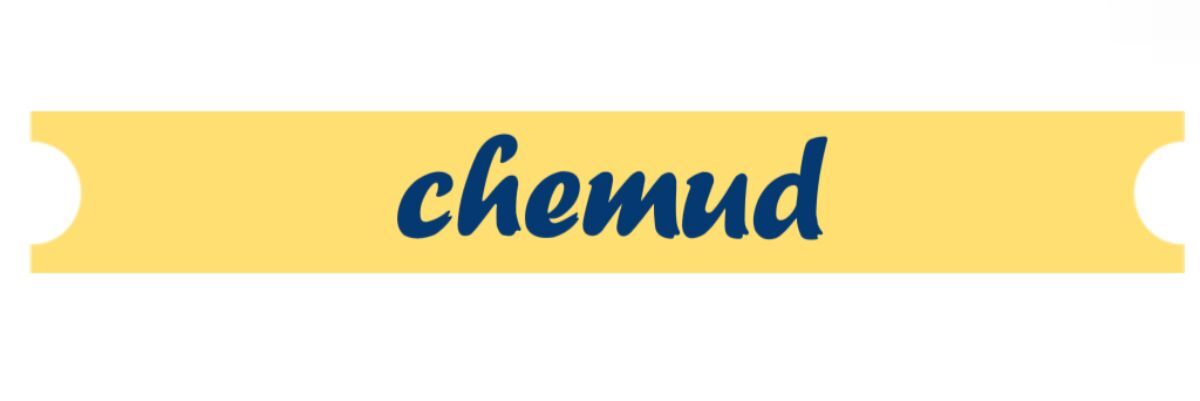How Accurate is the Nasal Swab Test for Flu?
Nov. 24, 2024
The nasal swab test has become a common method for diagnosing influenza (the flu), particularly during flu seasons. However, many individuals wonder about the accuracy of this testing method. To provide clarity on this matter, we have gathered insights from several industry experts in the field of infectious diseases and diagnostics.
Expert Insights on Nasal Swab Test Accuracy
Dr. Emily Chen, Infectious Disease Specialist
Dr. Emily Chen emphasizes that the nasal swab test offers a reasonable level of accuracy when properly administered. She explains, “The sensitivity of the nasal swab test for flu is generally around 70-90%. This means that while the test can correctly identify many infections, there is still a chance of obtaining false negatives.” Thus, she recommends that patients who exhibit strong flu symptoms but receive a negative test result consider follow-up testing or clinical evaluation.
Dr. Matthew Johnson, Virologist
Virologist Dr. Matthew Johnson points out that the timing of the test plays a crucial role in its accuracy. “The nasal swab test is most reliable when taken within the first few days of symptom onset. If the test is conducted too late, after the virus has peaked, the likelihood of an accurate result decreases due to diminishing viral load.” He advises individuals to seek testing promptly if they suspect they have the flu.
Dr. Sarah Thompson, Clinical Microbiologist
Dr. Sarah Thompson notes that while the nasal swab test has its limitations, it still serves as a valuable diagnostic tool. “In clinical settings, we often rely on a combination of patient history, symptom presentation, and testing results. The nasal swab can guide us in establishing a diagnosis, but clinicians should always consider the full clinical picture,” she affirms. This comprehensive approach helps mitigate the risk of misdiagnosis.
Comparing Testing Methods
Traditional Nasal Swab vs. PCR Testing
While discussing the effectiveness of nasal swab tests, Dr. James Lee, a diagnostic expert, compares it to polymerase chain reaction (PCR) testing. “PCR tests are typically more sensitive, with accuracy rates exceeding 95%. However, they are also more time-consuming and costly. For quick assessments, nasal swabs still play a crucial role, especially in outpatient settings.” Thus, the choice of testing may depend on the urgency and resources available.
Limitations and Considerations
Despite its advantages, experts like Dr. Anna Wilson, epidemiologist, highlight that the nasal swab test is not foolproof. “False positives can occur, albeit less frequently, leading to unnecessary worry for patients. Additionally, improper sample collection techniques can significantly impact results. Training for healthcare providers on proper swabbing techniques is essential to enhance test accuracy,” she indicates.
Conclusion
The accuracy of the nasal swab test for flu varies based on several factors including timing, technique, and individual patient circumstances. While the test offers a practical and timely means of diagnosing influenza, it is important to consider its limitations and consult with healthcare professionals for a thorough evaluation. As healthcare continues to evolve, combining various diagnostic methods will likely yield the best outcomes for flu detection and management.
Want more information on Drug Of Abuse Rapid Tests Supplier, nasal flu swab? Feel free to contact us.
157
0
0

Comments
All Comments (0)